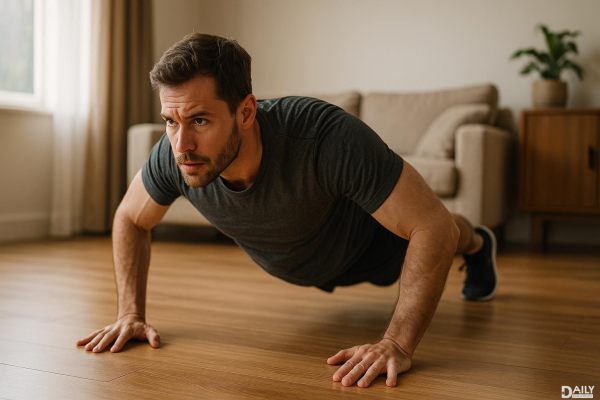We've all been there—staring at the ceiling, debating whether to hit snooze or hit the gym. That daily tug-of-war between comfort and commitment is real, and let’s be honest, comfort usually wins unless we’ve got some serious motivation fueling us. For me, it wasn’t just about channeling my inner Newton; it was about finding small, sustainable ways to make movement feel less like a chore and more like a non-negotiable part of my day. Over time, I cracked the code on staying consistent, and it wasn’t through sheer willpower alone. Here’s what actually worked.
The Power of the "Why"
Motivation starts with a reason—something deeper than just "I should." For me, it wasn’t about fitting into jeans or chasing some abstract idea of health. It was about energy. I noticed that on days I moved, my brain worked better, my mood lifted, and I didn’t feel like a zombie by 3 PM. That became my anchor. Maybe for you, it’s stress relief, keeping up with kids, or just feeling strong. Whatever it is, dig for the emotional hook. When workouts became less about burning calories and more about feeling alive, showing up got easier. Pro tip: Write your "why" on a sticky note and slap it somewhere you’ll see it daily (mine’s on the coffee maker—no escaping it).
Routine Beats Motivation Every Time
non-negotiable blocks in my calendar. And I started small. No crazy 5 AM boot camps; just 20-minute walks or quick home workouts. The key? Consistency over intensity. After a few weeks, skipping a session felt weird, like forgetting to brush my teeth. Your brain loves patterns, so trick it into craving movement by making it habitual. Bonus: Pair exercise with something you enjoy (a podcast, a playlist, or even bad reality TV) to make it something you look forward to.
Tracking Progress (Without Obsessing)
Nothing kills motivation faster than feeling like you’re spinning your wheels. But here’s the catch: progress isn’t just about the scale or PRs. I started tracking how workouts made me feel—energy levels, sleep quality, even how quickly I bounced back from a tough day. Apps helped (I’m partial to Strava), but so did a simple journal. Seeing tangible proof that movement made life better kept me going when motivation dipped. And on days I really didn’t want to move? I’d bargain with myself: "Just five minutes." Spoiler: I always ended up doing more. The hardest part is starting; momentum does the rest.
At the end of the day, motivation isn’t some magical force—it’s a skill you build. Some days will still suck, and that’s okay. But when you tie movement to how you want to feel, automate the habit, and celebrate small wins, it stops being a battle and starts being part of who you are. Now if you’ll excuse me, I’ve got a date with my running shoes.
























